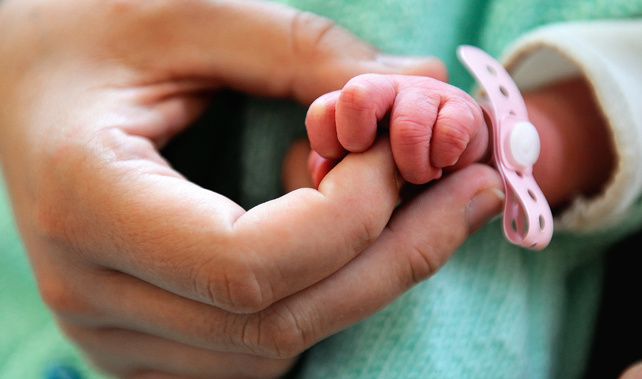
A district health board has been slammed for its substandard care of a premature baby who was later diagnosed with kidney problems more than a week after he was born.
The Health and Disability Commissioner, Anthony Hill, released a report of the case about a baby boy born in the MidCentral District Health Board district about four years ago.
The boy's father laid a complaint to the Commissioner about the care provided to his son.
At 31 weeks' gestation, the boy's mother had an ultrasound performed by a private radiology service. An abnormality was found with the baby's renal pelvis dilatation but was misreported by the radiologist.
"The radiologist's report noted that there was bilateral fetal renal dilation," the Commissioner's report said.
"However, the radiologist recorded the degree of dilation as 5mm, when the actual findings were fluctuating measurements of 4.1mm to 9.5mm on the right and 5.1mm to 14mm on the left."
The child was born about a week later.
An investigation showed that paediatric staff were told verbally about the antenatal ultrasound results showing bilateral fetal renal dilation of 5mm.
However, a copy of the radiologist's report was not passed on from the mother's clinical records to the baby's records then.
Subsequently, the child developed episodes of high blood pressure and oedema - when there is a build-up of fluid in the body that causes the affected tissue to become swollen.
Just over a week after the boy was born - on the eighth day - staff carried out a renal ultrasound on him.
As a result, a posterior male urethral valves diagnosis was made, which required surgical management.
The condition is where obstructing membranes in the posterior male urethra prevent normal urine flow from the bladder.
Hill criticised the situation, saying the environment in which the DHB staff were working had contributed "considerably'' to the documentation failures in the case.
He was also critical that staff failed to investigate the baby boy's worsening high blood pressure and oedema and the fact that the DHB did not receive a copy of the radiologist's report.
"There was a pattern of suboptimal documentation by multiple staff involved in the baby's care and the environment in which the DHB staff were operation contributed considerably to the documentation failures in this case,'' the report said.
"The DHB failed to provide services to the baby that complied with relevant standards ...''
Hill also pointed to what he called a culture at the DHB, where findings showed that nursing staff felt they were not listened to.
Recommendations have since been made by the Commissioner to the DHB - including that it report back its implementation and recommendations from a Root Cause Analysis.
Paediatric staff are also recommended to undergo refresher training programmes on co-ordination care, as well as undertaking a qualitative audit to check for appropriate use of the electronic health record in the Neonatal Unit.
A recommendation was also made that the MidCentral DHB provide a written apology to the baby's parents; as does that radiologist.
Take your Radio, Podcasts and Music with you









